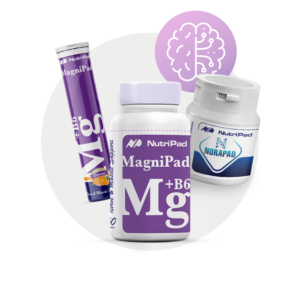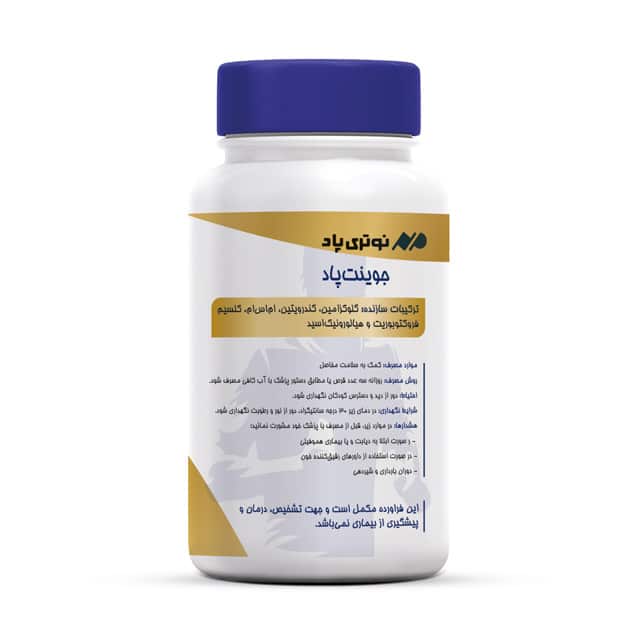Supplements Containing Glucosamine and Other Components
Glucosamine is a chemical found in the body. Glucosamine supplements are available as glucosamine sulfate, glucosamine hydrochloride, or N-acetyl glucosamine.
Glucosamine is used by the body to make tendons, ligaments, cartilage, and synovial fluid (the fluid that surrounds joints). Joints are protected by fluid and cartilage around them. Taking glucosamine may increase the cartilage and fluid around the joints or help prevent their breakdown.
Glucosamine sulfate and glucosamine hydrochloride are useful for osteoarthritis. Glucosamine may be helpful for other joint problems like rheumatoid arthritis, but scientific evidence for the effectiveness of glucosamine in problems other than arthritis is limited.
Glucosamine may be used in conjunction with other supplements such as chondroitin, MSM (Methylsulfonylmethane), hyaluronic acid, and calcium fructoborate. According to the current scientific evidence, using glucosamine with these compounds may be more effective. Anti-inflammatory and anabolic effects and inhibition of tissue-decomposing mediators are possible mechanisms of action for glucosamine. Glucosamine and chondroitin have complementary anti-inflammatory effects. The effectiveness of chondroitin has been evident in doses higher than or equal to 800 mg per day and in periods longer than six months. Methylsulfonylmethane (MSM) may reduce pain and other symptoms of osteoarthritis. Combination therapy with glucosamine, chondroitin and MSM showed positive effects in reducing pain and alleviating symptoms in osteoarthritis compared to placebo.
The use of glucosamine in adults was safe after use for 2-3 years. Glucosamine can cause mild side effects, including bloating, nausea, diarrhea, and constipation.
Use of Glucosamine in Pregnancy and Lactation
Reliable information to know whether glucosamine sulfate, glucosamine hydrochloride, or N-acetyl glucosamine are safe during pregnancy or lactation is limited. Therefore, be careful and avoid using these supplements during pregnancy and breastfeeding.
Is glucosamine safe for people with diabetes?
- There were concerns that glucosamine might increase blood sugar levels. According to current studies, glucosamine does not raise blood sugar levels in people with diabetes.
Does glucosamine raise cholesterol levels?
- Most research shows that glucosamine does not raise cholesterol levels.
Does glucosamine increase blood pressure?
- In the past, there were concerns that glucosamine might increase blood pressure. Studies show that glucosamine doesn’t seem to raise blood pressure.
Glucosamine used in supplements is often obtained from oyster shells. If you are allergic to shellfish, talk to your doctor before taking these supplements.
Patients with arthritis and joint problems may use non-steroidal anti-inflammatory pain relievers (drugs of the same family as ibuprofen) to relieve their symptoms. However, the use of these drugs may cause gastrointestinal, cardiovascular, and renal complications for users. For this reason, if these supplements are effective, avoiding the occurrence of the mentioned side effects is considered an advantage. Products that contain glucosamine and chondroitin require several weeks to start working. On the other hand, the onset of action of calcium fructoborate is shorter. Because of significant anti-inflammatory effects, the onset of action in products containing calcium fructoborate decreases to one to two weeks.
As a final conclusion, the combined products of glucosamine (i.e. glucosamine + chondroitin + MSM + hyaluronic acid + calcium fructoborate) are more effective than glucosamine alone. The presence of boron as calcium fructoborate reduces the onset of action in this supplement to one to two weeks.











